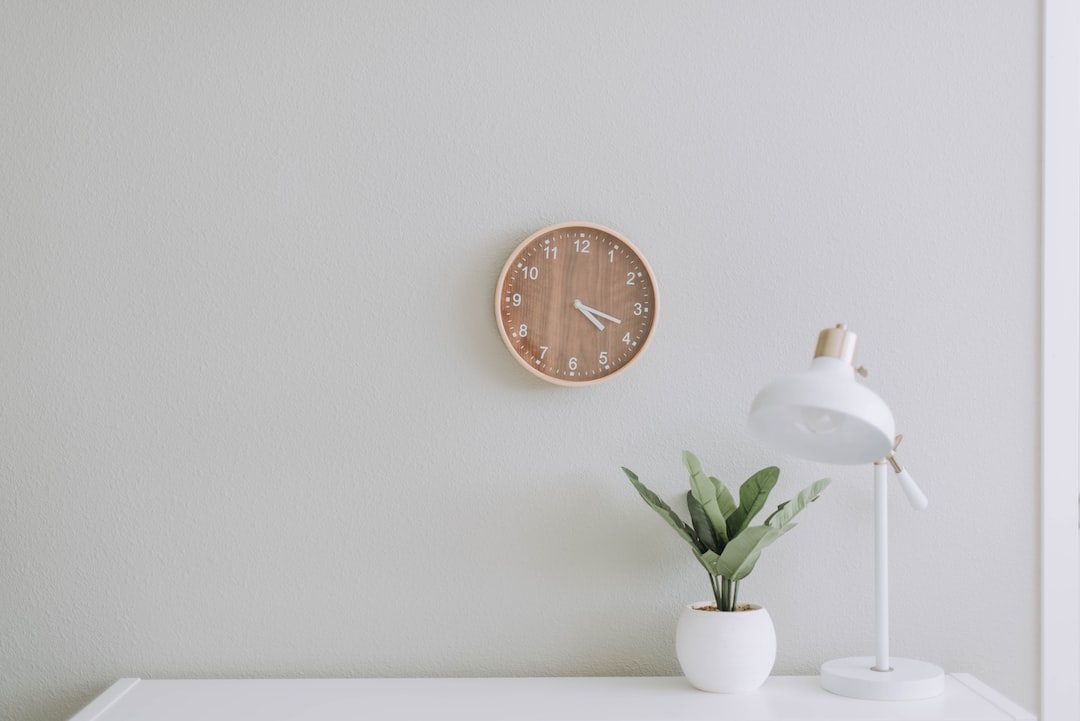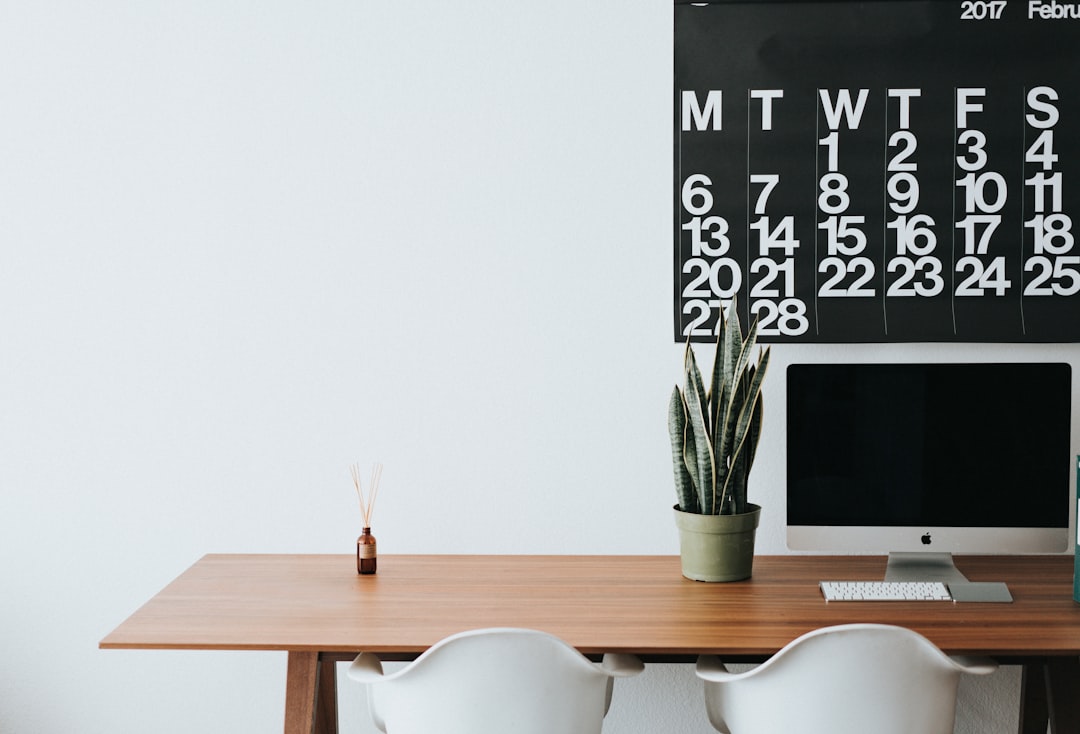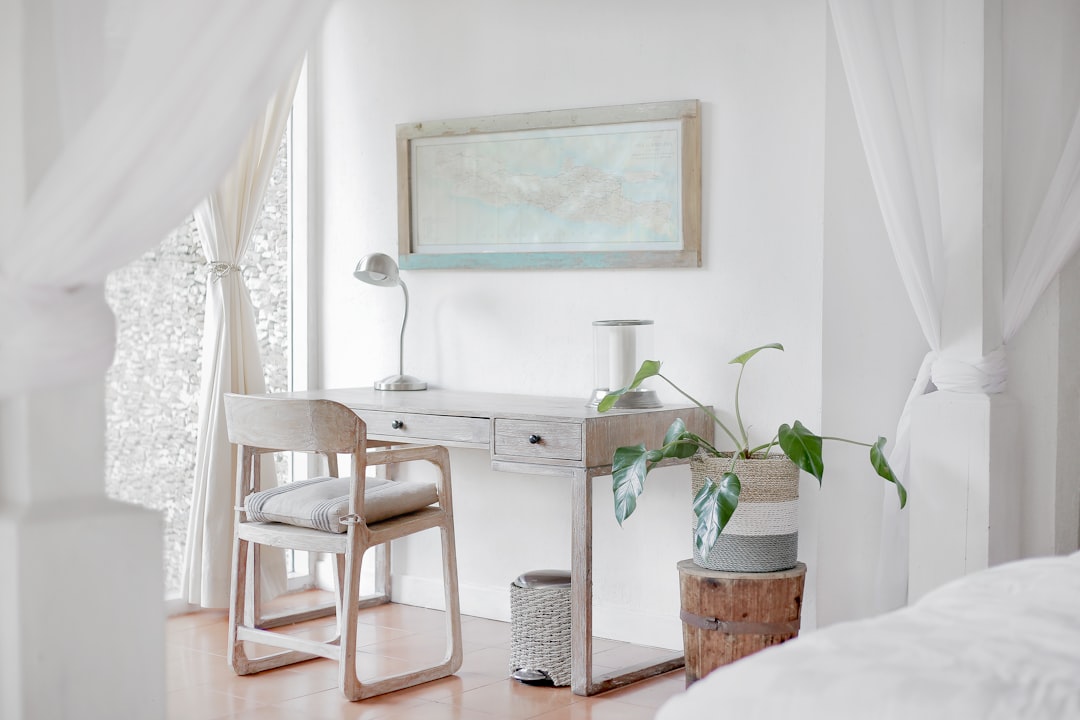Welcome to the world of minimalism! If you’re tired of living in a cluttered and disorganized space, you’ve come to the right place. Minimalism is the art of living with less and prioritizing the things that truly matter in life.
But minimalism is not just about having less stuff, it’s also about saving money and achieving financial freedom. In this blog post, we’ll explore the money-saving magic of a minimalist home and how it can transform your financial situation.
Living a minimalist lifestyle is not a new concept. It’s been around for centuries but has gained more popularity in recent years. The idea behind minimalism is to simplify your life, reduce your expenses, and focus on what truly matters. By freeing yourself from the burden of material possessions, you’ll create a more organized and peaceful environment, leading to a happier and more fulfilling life.
But what sets minimalism apart from other lifestyle choices is its ability to save you money. Contrary to popular belief, living a minimalist lifestyle doesn’t mean depriving yourself of everything. It simply means being intentional with your purchases and prioritizing what you truly need. In sections 1-5, we’ll explore the different ways a minimalist lifestyle can save you money and help you achieve financial freedom.
So, whether you’re just starting your journey into minimalism or you’re a seasoned veteran, this blog post has something for everyone. Get ready to discover the money-saving magic of a minimalist home!
Clutter-Free Coffers – How Decluttering Saves You Money
Do you ever feel like your possessions are weighing you down, both literally and financially? It’s a common feeling that many people experience, but one that can be easily remedied by embracing a minimalist lifestyle. By decluttering your home and simplifying your possessions, you can save money in numerous ways.
Firstly, decluttering can help you identify items that you no longer need, use, or even want. By discarding, selling, or donating these items, you can free up valuable space in your home and sell unwanted goods for extra cash. This not only lets you appreciate your remaining possessions more, but it also reduces the amount of money you spend on storage solutions, such as boxes, shelves, and even larger homes.
Moreover, decluttering helps you become more aware of your spending and shopping habits. By analyzing your possessions and identifying which ones bring you joy and which ones bring you stress, you can adjust your purchasing behavior accordingly. You’ll be less likely to impulse buy or purchase items based on the latest trends, and instead be more conscious of the value that each item adds to your life.
A clutter-free home also requires less maintenance, which in turn lowers your cleaning and upkeep costs. You’ll find that you spend less time and money on cleaning products, storage solutions, and home repairs. Instead, you can focus on the things that truly matter to you, whether it’s spending time with loved ones, pursuing hobbies, or traveling.
In short, decluttering your home has many financial benefits. By simplifying your surroundings, you not only free up space but also reduce your expenses and become more mindful of your spending habits. It’s a small change that can have a big impact on your wallet and your life.
It’s a common feeling that many people experience, but one that can be easily remedied by embracing a minimalist lifestyle.
Make Room for the Important Things – prioritizing purchases
Making room for the important things in your life is an essential part of living a minimalist lifestyle. When you begin to declutter your home, you will notice that you have more space for the things that truly matter to you. This is a powerful realization that can help you prioritize your purchases and save money in the long run.
First, take the time to identify what is truly important to you. Is it spending time with family and friends? Pursuing a hobby or passion? Traveling and experiencing new things? Once you have a clear understanding of your priorities, it’s easier to make intentional purchases that align with your values.
Next, consider the cost of the things you want to buy. A minimalist mindset means being mindful of your spending and avoiding impulse purchases. When you focus on the things that truly matter, you’re less likely to waste money on things you don’t need.
An important aspect of prioritizing purchases is understanding the difference between needs and wants. It’s easy to get caught up in the constant stream of advertising and believe that we need the latest gadgets, designer clothes, or expensive cars to be happy. But in reality, those things often come with a high price tag and provide little long-term value.
By focusing on your needs and taking the time to consider your purchases, you can save money and live a more intentional life. Take, for example, the decision to purchase a new car. Instead of jumping at the first flashy model that catches your eye, think about what you truly need in a vehicle. Do you need high-end features, or would a basic model suffice? By prioritizing your needs over your wants, you can save thousands of dollars on a purchase and direct your resources towards other important areas of your life.
In conclusion, prioritizing your purchases is an essential part of living a minimalist lifestyle. By identifying what is truly important to you and focusing on your needs rather than your wants, you can save money and live a more intentional life. This not only provides financial benefits but also leads to a greater sense of fulfillment and happiness.
Traveling and experiencing new things.
The Price of Convenience – why a simpler lifestyle is cheaper
Living in a consumer-driven society, it’s easy to get caught up in the cycle of constantly purchasing new items and services. While many of these purchases may seem necessary at the time, they ultimately add up and can significantly impact your finances over time. This is where the minimalist lifestyle comes in.
By simplifying your life and reducing the amount of “stuff” you have, you’ll naturally spend less money. This is because you’ll be less likely to make impulse purchases and will only buy what you truly need. Additionally, when you have fewer things to take care of, you’ll spend less money on cleaning supplies, repair costs, and storage solutions.
One area where the convenience of a consumer-driven society can really hit your wallet is in the realm of food. Pre-packaged meals, takeout, and fast food may all seem like convenient options, but they’re often much more expensive than cooking your own meals using fresh ingredients. Furthermore, the pre-packaged options often come with a lot of unnecessary packaging that creates more waste and has a negative impact on the environment.
When you embrace a minimalist lifestyle, you’ll have more time to cook and prepare meals at home. This not only saves you money, but it’s also a healthier option. Eating out less and cooking at home more means that you’ll be more in control of what goes into your meals and how they’re prepared.
Another area where convenience can come with a high price tag is in transportation. Owning a car can be expensive when you factor in the costs of maintenance, insurance, and gas. Public transportation options can also add up over time. However, living in a minimalist home means that you may be able to live more centrally, closer to work or amenities, and can take advantage of alternative modes of transportation such as walking or biking. This not only saves you money but also has a positive impact on the environment.
In conclusion, the minimalist lifestyle is a more affordable and environmentally conscious way of living. It forces you to prioritize your spending and to eliminate unnecessary purchases. By doing so, you’ll reduce your expenses, create less waste, and have more freedom and financial security in the long run.
Furthermore, the pre-packaged options often come with a lot of unnecessary packaging that creates more waste and has a negative impact on the environment.
Zeroing Out Waste – Reducing Expenses and Environmental Impact
Living a minimalist lifestyle goes beyond just decluttering and simplifying your possessions. It also involves taking practical steps towards minimizing waste in your day-to-day life. The benefits of doing so go beyond financial savings; reducing waste is a significant step towards protecting the environment, reducing energy consumption, and living a more sustainable lifestyle.
When it comes to waste reduction, small changes can make a big impact. For example, investing in reusable bags, water bottles, and containers will save money in the long run by not having to purchase disposables repeatedly. Additionally, reducing the number of single-use items you use daily, such as paper towels, napkins, and coffee filters, can help reduce the amount of waste produced.
Eliminating food waste is another way minimalism can help your finances and the environment. Throwing away unused food wastes the money you spent buying that food and contributes to the growing landfill problem. Meal planning and cooking smart portions can aid in achieving this goal. You can also find clever ways to repurpose leftovers and create new dishes.
Upcycling is another way to reduce waste and minimize expenses. With a dash of creativity and a few DIY skills, you can give old items a new lease on life. Instead of throwing out worn-out clothes, you can repurpose them into something new or make them into rags. Old furniture can be repainted and upgraded to fit a new aesthetic and purpose.
Minimalism is an opportunity to take control of the waste in your life and spend your money on things that matter to you. By reducing your consumption and being mindful of the impact of what you throw away, you can save money and do your part to protect the environment.
In conclusion, switching to a minimalist lifestyle is a financial, environmental, and ethical decision. Zeroing out waste is just one way minimalism saves you money, but it has a significant impact. By adopting these simple eco-friendly practices, you can gradually change your consumption behavior and contribute to a healthier planet while improving your bottom line.
By adopting these simple eco-friendly practices, you can gradually change your consumption behavior and contribute to a healthier planet while improving your bottom line.
Simplify for Savings – small changes that add up to big financial benefits
When it comes to saving money, small changes can often make a big difference. While decluttering your home and prioritizing your purchases are important steps, there are a variety of smaller changes you can make to streamline your spending and maximize your savings. Here are some simple yet effective ways to simplify your life and save money:
1. Meal planning
One of the easiest ways to save money is to plan your meals in advance. By creating a weekly menu and shopping list, you can avoid unnecessary trips to the grocery store and reduce food waste. Not only will this help you save money on groceries, but it will also ensure that you have healthy and delicious meals ready to go throughout the week.
2. DIY household products
Cleaning supplies and other household products can be expensive, but many can be easily made at home using simple ingredients like vinegar and baking soda. Not only are these DIY products cheaper, but they are also better for the environment and your health since they don’t contain harsh chemicals.
3. Reusable products
Investing in reusable products like cloth napkins, grocery bags, and water bottles can save you money in the long run while also reducing waste. These items can be washed and reused multiple times, eliminating the need to constantly purchase disposable alternatives.
4. Energy-efficient appliances
While the upfront cost of energy-efficient appliances may be higher, they can save you money on your utility bills in the long run. Look for appliances with an Energy Star rating, which means they meet strict energy efficiency guidelines set by the U.S. Environmental Protection Agency.
5. Reduce water usage
Reducing your water usage can lead to significant savings on your water bill. Simple changes like fixing leaky faucets, taking shorter showers, and installing low-flow showerheads and toilets can make a big difference.
6. Cancel subscriptions
Subscriptions for magazines, streaming services, and other products can add up quickly. Take a look at your monthly expenses and cancel any subscriptions you aren’t using or don’t need.
By implementing these small changes, you can simplify your life while also saving money. Remember, every dollar counts, and even the tiniest adjustments can add up to big financial benefits over time.
Cancel subscriptions
Subscriptions for magazines, streaming services, and other products can add up quickly.
Conclusion: The Bottom Line – Living With Less Leads to Financial Freedom
As we have seen in the previous six sections of this blog post, adopting a minimalist lifestyle can have incredible financial benefits. By decluttering our homes and simplifying our lives, we can reduce expenses, lower our environmental impact, prioritize our purchases, and live more intentionally.
But beyond the monetary savings, living with less can also lead to a sense of freedom. Owning fewer possessions means less time spent organizing, cleaning, and maintaining them. We can use that time to pursue our passions, travel, or spend quality time with loved ones. Simplifying our lives also allows us to focus on experiences rather than things.
Living as a minimalist doesn’t have to mean sacrificing happiness or comfort. In fact, it can lead to a more fulfilling and meaningful life. By choosing to live with intention and purpose, we can let go of the things that no longer serve us and make room for the things that truly bring us joy.
So, if you’re feeling overwhelmed by clutter and the constant pursuit of material possessions, consider taking steps towards a minimalist lifestyle. Start small with decluttering and simplifying one area of your life, and see where it takes you. You may find that the financial benefits are just the beginning of a more fulfilling and free life.





